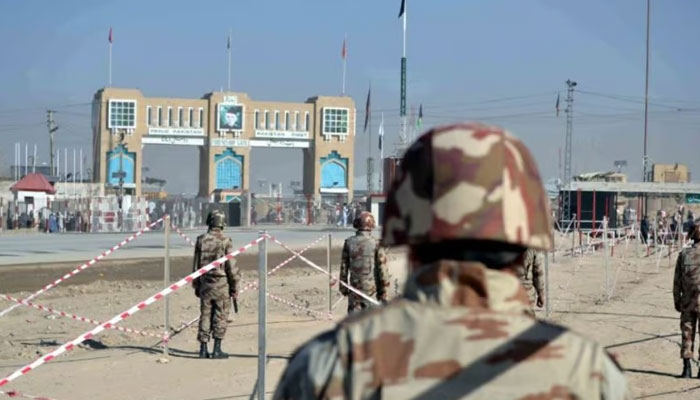Islamabad — Pakistan has reaffirmed its firm resolve to safeguard its water security and national sovereignty in response to growing indications of an emerging India–Afghanistan water nexus, which aims to exert pressure on Pakistan through upstream water manipulation.
According to credible reports, India and the Taliban regime in Afghanistan have intensified cooperation on water projects that could severely impact Pakistan’s access to vital river flows. Following the Afghan foreign minister’s recent visit to India, New Delhi reportedly offered USD 1 billion in financial assistance to Kabul for constructing multiple dams along rivers flowing into Pakistan.
An India Today report dated 24 October 2025 revealed that India is providing both financial and technical support to the Afghan regime to build dams such as Naghlu, Darunta, Shahtoot, Shah Varus, Gambirri, and Baghdara, including a major proposed dam on the Kunar River, which directly feeds into the Kabul River system.
Experts warn that these developments could pose a serious threat to Pakistan’s water security, potentially constraining the country’s water system from both the eastern and western fronts. Pakistan currently receives around 16.5 million acre-feet (MAF) of water annually from the Kabul River, which sustains key agricultural regions in Peshawar, Charsadda, and Nowshera, vital for wheat, maize, and sugarcane production.
India has already suspended the Indus Waters Treaty and violated international water-sharing accords, and is now reportedly seeking to extend its influence into the Kabul River Basin through Afghanistan — a move viewed in Islamabad as an extension of New Delhi’s long-standing “water aggression” policy.
In response, Pakistan is reportedly formulating a comprehensive defensive water strategy, centered around the Chitral River Diversion Project. Under this initiative, the Chitral River — before entering Afghanistan — would be diverted toward the Swat basin, thereby neutralizing potential disruptions to Pakistan’s downstream water flow.
Read more: India Crushes Australia by 9 Wickets in Third ODI
The Chitral River Diversion Project would not only counter India–Afghanistan’s hostile designs but also provide multiple domestic benefits, including the generation of 2,453 megawatts of renewable energy, increased agricultural productivity through irrigation of new lands, reduced flood risks, and enhanced water reserves at Warsak and Mohmand dams.
Officials and experts emphasize that the project is fully compliant with international law and falls entirely within Pakistan’s sovereign rights over its water resources.
The government and nation of Pakistan have reiterated a united stance: any attempt by India to use Afghan territory as a platform for “water warfare” against Pakistan will be met with a decisive and lawful response.
“Water is the lifeline of Pakistan’s security, agriculture, and economy,” said a senior government official. “No country will be allowed to weaponize it against us.”






Comments are closed, but trackbacks and pingbacks are open.